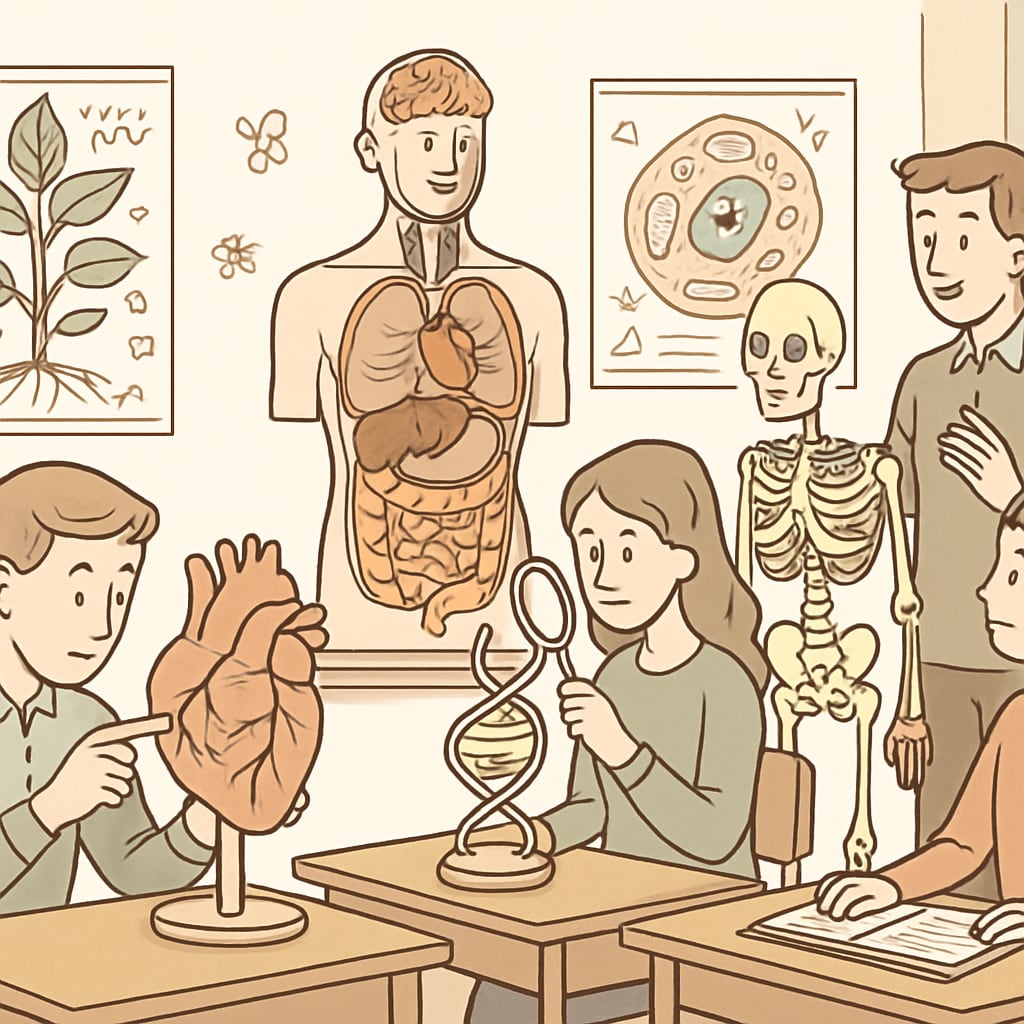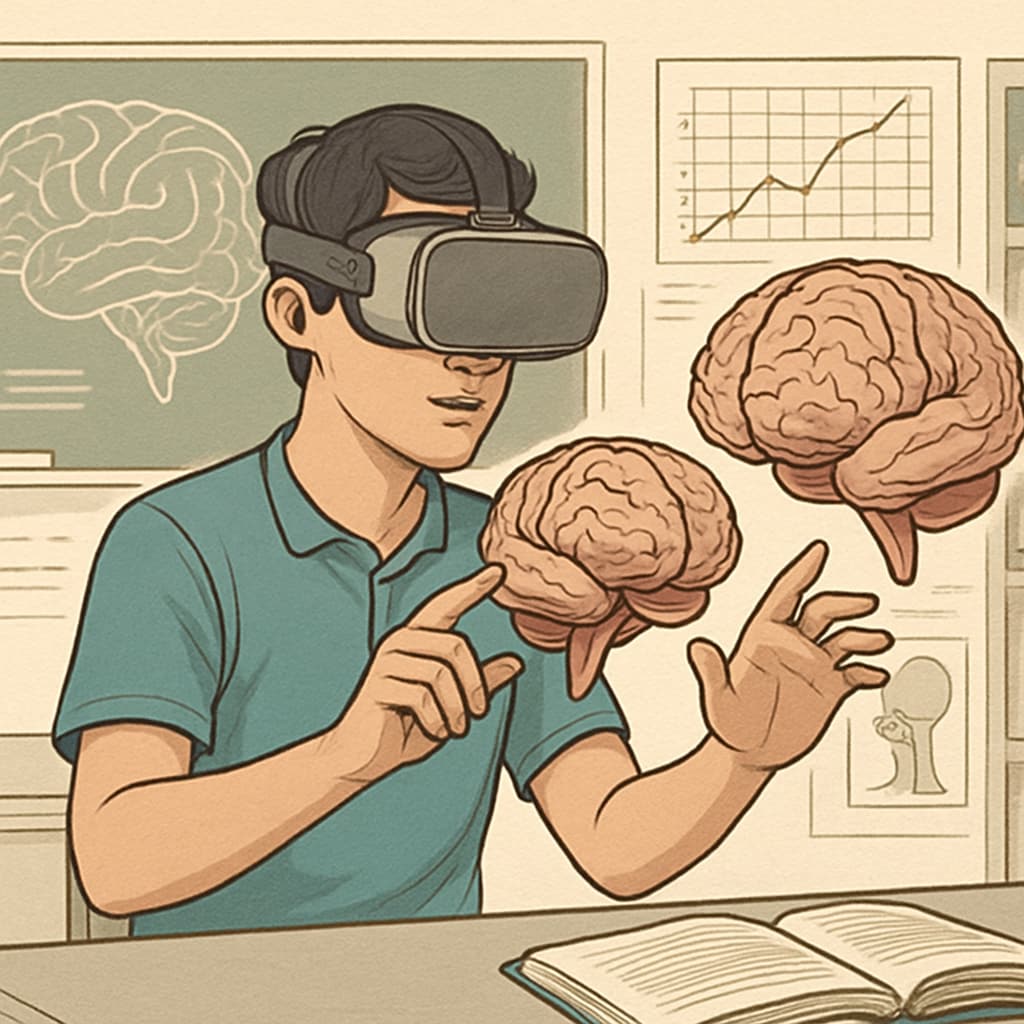Academically gifted K12 students aspiring to pursue careers in medicine, particularly neurosurgery, often face unique challenges in accessing appropriate educational resources. While traditional education systems may excel at providing general knowledge, they often lack the depth and specialization required to nurture future neurosurgeons. To bridge this gap, tailored solutions are essential to ensure these students achieve academic excellence while acquiring meaningful, focused learning experiences.

Navigating the Limitations of Standard Education Systems
Standard K12 education systems are designed to cater to the average student, which can leave gifted individuals underserved. For students aiming to specialize in fields like neurosurgery, these systems often fall short in providing advanced scientific knowledge and technical skills. For example, while biology and chemistry classes lay foundational knowledge, they rarely delve into complex topics like neuroanatomy, molecular neuroscience, or surgical techniques.
Moreover, traditional academic testing methods do not always accommodate the unique learning styles of gifted students. As a result, these students may struggle to find opportunities to apply their knowledge in practical, meaningful ways. Bridging these gaps requires a combination of specialized curriculum enhancements, extracurricular opportunities, and access to professional mentors.
Solutions for Supplementing Gifted Students’ Learning Journey
To support gifted students pursuing neurosurgery, educators and parents can explore several targeted approaches:
- Specialized Courses: Partner with universities or online platforms to provide advanced courses in neuroscience, anatomy, and surgical techniques.
- Mentorship Programs: Connect students with professionals in the field of medicine, including neurosurgeons, to provide guidance and real-world insights.
- Hands-on Experiences: Encourage participation in laboratory internships, research programs, or STEM competitions that align with their academic and career goals.
- Technology Integration: Utilize virtual reality (VR) and simulation tools to offer immersive learning experiences in neuroanatomy and surgical procedures.

Enhancing Academic Testing for Gifted Neurosurgery Aspirants
Academic testing often measures rote memorization rather than critical thinking and problem-solving—skills that are vital for neurosurgery. To better assess gifted students’ capabilities, alternative testing methods such as project-based assessments or collaborative problem-solving challenges could be implemented. These approaches allow students to demonstrate their mastery of complex concepts while fostering creativity and teamwork.
Additionally, standardized tests can become more relevant by including sections that evaluate higher-order thinking in areas like medical ethics, advanced biology, or surgical diagnostics. For example, initiatives like the International Brain Bee competition provide an excellent platform for students to showcase their neuroscience knowledge while competing globally.
Building a Network of Resources for Aspiring Neurosurgeons
Another critical element in fostering gifted students’ development is building a network of accessible resources. This network might include:
- Collaborative Learning Communities: Create forums or clubs where students can exchange ideas, share research, and explore neurosurgery topics.
- Scholarship Programs: Offer financial support for students to attend specialized summer schools or workshops focused on neuroscience and medicine.
- Educational Partnerships: Collaborate with hospitals, research institutions, and universities to provide internships and shadowing opportunities.
By providing these resources, educators and institutions can inspire gifted students and help them overcome barriers to entering highly specialized fields like neurosurgery.
Readability guidance: Ensure concise paragraphs and logical flow throughout the article. Use lists and examples to summarize key points, and incorporate transition words to connect ideas seamlessly.


